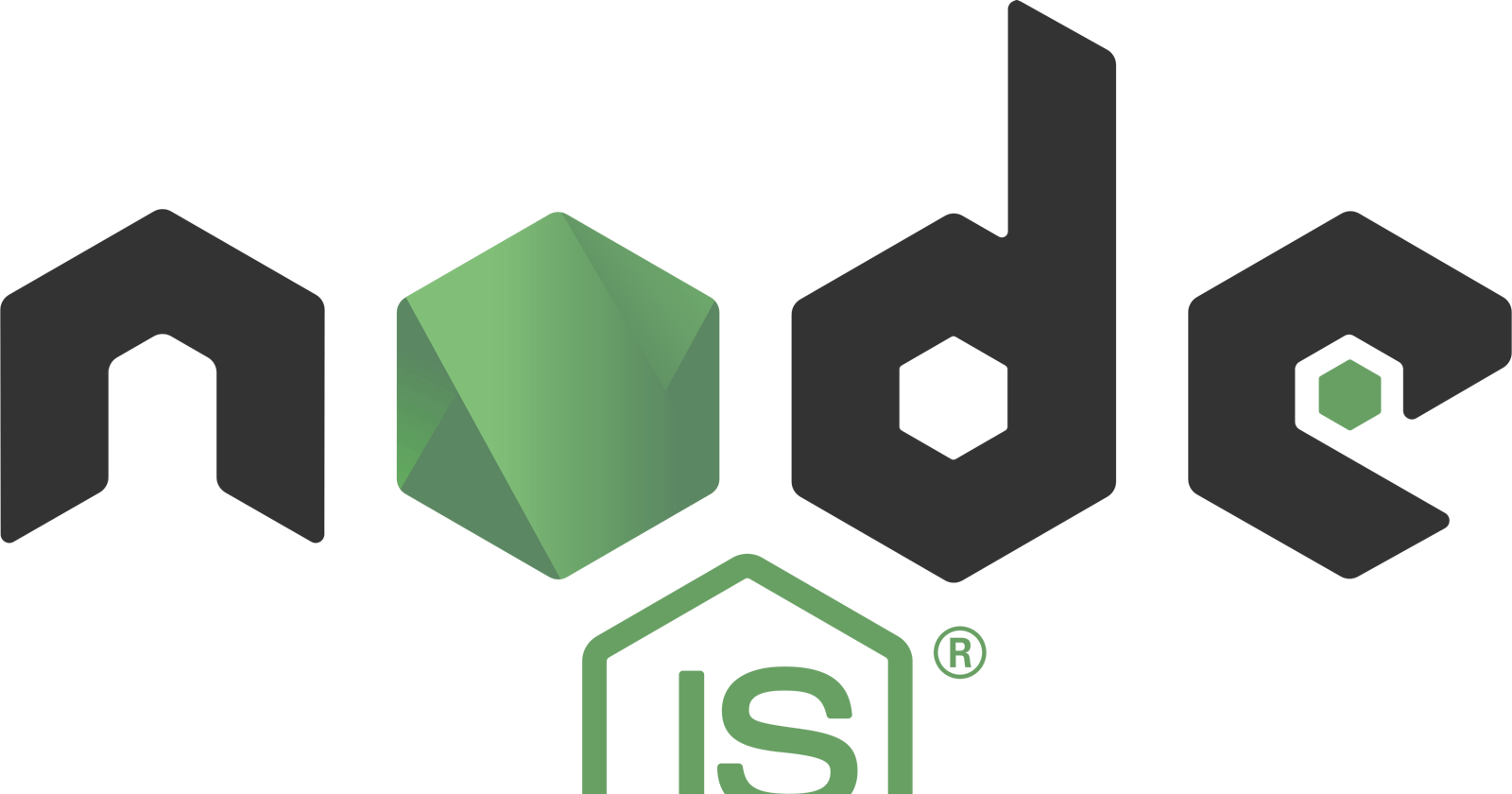Table of contents
No headings in the article.
Node.js is a JavaScript runtime environment that gives developers the ability to run JavaScript code outside of the browser, creating a myriad of new opportunities. A highly effective and productive platform for creating server-side applications, it is constructed using the JavaScript engine from Chrome V8 and written in C++.
The libuv library, which offers asynchronous I/O capabilities, timers, and threads, and serves as the basis upon which Node.js is built, is an essential part of the framework. Node.js can interface with libuv in C++ and implement its essential features, such the HTTP module, even though libuv is written in C.
Node.js has several advantages, including a blazing-fast performance, an event-driven, non-blocking I/O paradigm that can manage numerous concurrent connections without slowing down, and a sizable and vibrant developer community that offers a lot of resources and assistance.
However, how does C++ fit into this scenario? Node.js is actually written in C++. As Node.js may connect with the libuv library using C++, the libuv library was created in C.
Node.js heavily utilises C++ to implement its essential functions. For instance, the HTTP module in Node.js and many of the other built-in modules are implemented in C++. This makes Node.js extremely effective and performant.
But why use C++ instead of just sticking with JavaScript? Well, C++ allows for lower-level access to system resources and hardware, which can be critical for performance-intensive tasks like network I/O. It also allows for more fine-grained control over memory management, which can be important in certain situations.
In summary, libuv is a crucial component of Node.js, providing the event loop and asynchronous I/O capabilities that make Node.js so powerful. And while Node.js itself is written in C++, libuv is written in C, allowing Node.js to use C++ to interface with it and provide highly performant, efficient functionality.
So why is Node.js important? Well, for one, it's incredibly efficient. Since Node.js is built on the V8 engine, it's lightning fast. It also uses an event-driven, non-blocking I/O model, meaning it can handle many concurrent connections without slowing down.
Another reason Node.js is important is that it's incredibly popular. It has a large and active community of developers, which means plenty of resources are available to help you get started and solve any problems you might encounter.
Now that you know why Node.js is important, let's talk about how you can get started with it. Here are the basics:
- Install Node.js
The first step is to install Node.js on your computer. You can download the installer from the Node.js website, and it should be a straightforward installation process.
- Create a project
Once you have Node.js installed, you can create a new project. Open your terminal and navigate to the directory where you want to create your project. Then, run the following command:
mkdir my-project
cd my-project
npm init
This will create a new directory called "my-project" and initialize a new Node.js project in that directory. You'll be prompted to enter some information about your project, such as the name and version.
- Install packages
Next, you'll need to install some packages. Packages are pre-written code that you can use in your project. To install a package, run the following command:
npm install package-name
Replace "package-name" with the name of the package you want to install. For example, if you want to install the "express" package, you will run:
npm install express
- Write some code
Now that you have your project set up and some packages installed, it's time to write some code. Open your favourite text editor and create a new file called "app.js". In that file, add the following code:
const express = require('express')
const app = express()
app.get('/', (req, res) => {
res.send('Hello World!')
})
app.listen(3000, () => {
console.log('Server started on port 3000')
})
This code sets up a basic Express.js server that listens on port 3000 and responds with "Hello World!" when you visit the homepage.
- Run your code
Finally, it's time to run your code. In your terminal, navigate to your project directory and run the following command:
node app.js
This will start your server, and you should see the message "Server started on port 3000" in your terminal. Open your browser and go to "localhost:3000", and you should see the "Hello World!" message.
And that's it! Those are the basics of getting started with Node.js. Of course, there's a lot more to learn, but this should give you a good foundation to build on.
Thanks for reading, and happy coding!
